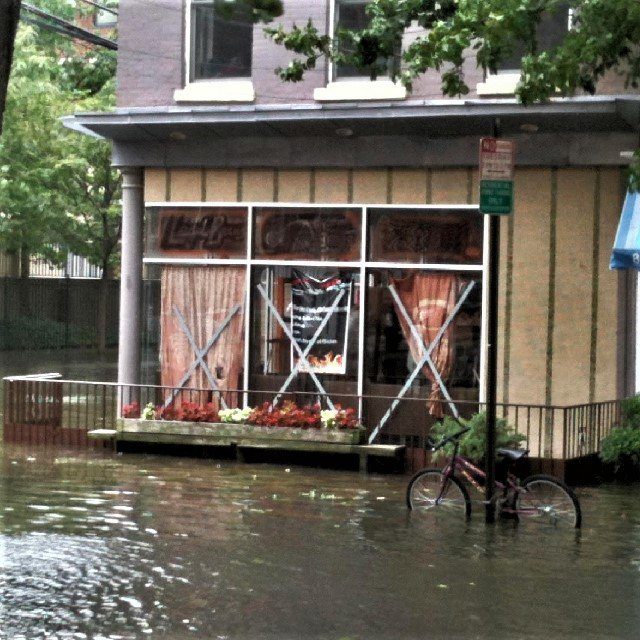Client Communication Before, During and After Natural Disasters

What You Need to Know
At least 11 kinds of natural disasters could affect your ability to serve your clients.
Some, such as wildfires and hurricanes, tend to occur in the summer.
Are you ready?
Having the ability to communicate quickly and effectively with your clients should not be a want within this industry; it is an absolute need.
The role or if you will one of the basic commitments you make to your clients is to protect their financial well-being and if something is going to impact that, or your ability to track or communicate about that, you have an absolute obligation to notify them ASAP.
The Disasters
The CDC tracks 11 kinds of natural disasters in the U.S.: earthquakes, landslide/mudslide, volcanoes, extreme heat, floods, lightning, wildfires, tornadoes, increased by more than 89% from 1970 to 2010.
These are the places often hit hardest by climate related disasters and these are the people that you serve.
As their agent, you have been entrusted with protecting their family after they pass or protecting their retirement dreams for as long as they are alive.
Either way, these are weighty responsibilities that need to be taken seriously.
Your clients may be heavily impacted by the intensifying weather patterns across the U.S. and you need to be prepared to help them if the worst should occur.
Your Own Practice
The first thing to consider is that you need to protect your own operations if you are going to continue serving clients through a natural disaster.
Just like when the flight attendant instructs passengers to put on their own oxygen mask before assisting others in an emergency, agents have to think about how they will keep their office running if an evacuation is ordered.
Its times of crisis when the need for digital transformation becomes most apparent.
Agencies that have cloud-based management systems will be able to stay up and running even if the physical office is disrupted.
Once you’re on the cloud, communication is key to helping your clients before, during and after a climate crisis.
Disaster Response Planning
When you aren’t in the dangerous season, take a moment to think through the messages your clients will need when disaster is looming, and when it strikes.
What can clients do to safeguard themselves?
Should they have a bugout bag, drinkable water, or a backup generator for medical equipment?
These are preparations that need to be made in advance and you can help your clients consider the most likely scenarios.




